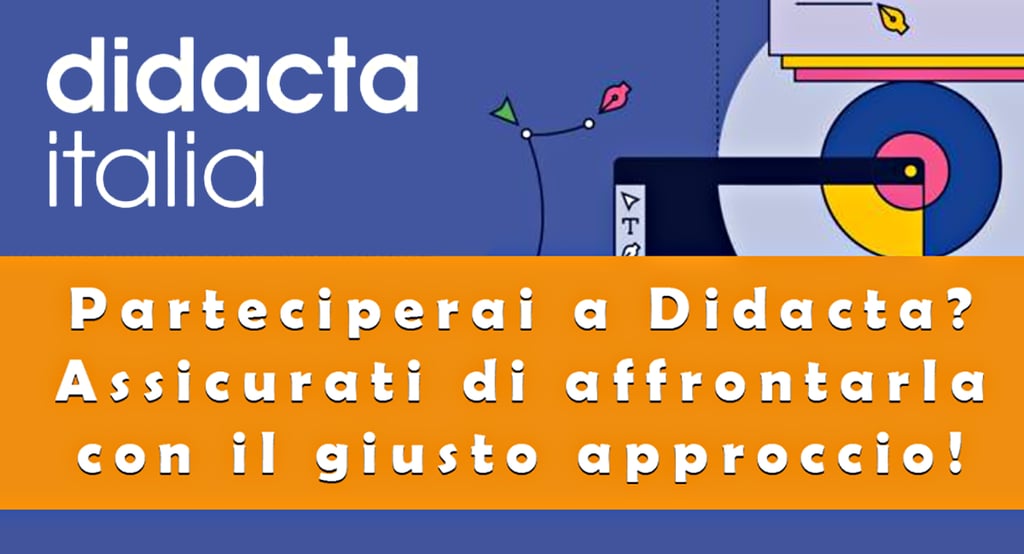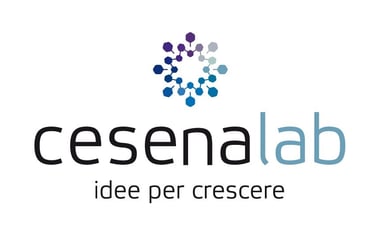Didacta 2025: the role of the teacher between innovation and critical sense in teaching
Being a teacher in the digital age
Nicola Simoncelli
3/10/20253 min read


Didacta 2025 is about to open its doors: educators, trainers, and educational innovators will gather to explore the new frontiers of learning.
In a constantly evolving world, teachers can no longer limit themselves to merely transmitting theoretical knowledge and basic facts. Now more than ever, students need to develop transversal skills that enable them to face 21st-century challenges with creativity, critical thinking, and adaptability.
This makes the role of the teacher more essential than ever—requiring continuous updating of skills and methodologies to respond to the demands of a changing education system.
It is no longer the time to invoke the tradition of teaching as a justification for delaying the integration of new tools and systems.
Educators must become facilitators of change, building generational bridges that connect past and present. The school system must be adapted to the real needs of students, and this transformation must be supported—also—through the conscious and strategic use of technology.
The skills required by modern society are defined by various international bodies, including UNESCO and the World Economic Forum. Among the most essential are:
Critical thinking and problem solving: the ability to analyze complex situations and find effective solutions.
Creativity and innovation: encouraging new ideas and original approaches to challenges.
Digital competence: using digital technologies mindfully and productively.
Collaboration and communication: working in teams and communicating effectively across contexts.
Media and information literacy: evaluating information and media sources critically.
Flexibility and adaptability: being prepared to respond to changes in the job market and society.
If you're planning to attend Didacta 2025, you’ll have the opportunity to explore these themes through workshops, conferences, and interactive labs.
Even if you’re not attending, it’s worth reflecting on these topics—and doing everything possible to upgrade your professional toolkit.
But how can these skills be developed within daily classroom practice?
Educational innovation is the key to preparing students for a constantly shifting world. Some effective strategies include:
Project-Based Learning (PBL): engaging students in real-world projects that require problem solving and teamwork—such as designing an app to meet a social need.
Gamification and Game-Based Learning: integrating game elements into teaching increases motivation and engagement through immersive, interactive experiences.
STEM education and coding: teaching STEM subjects helps students develop logical and computational thinking—now essential across all sectors.
Flipped Classroom: inverting the traditional model allows students to learn independently through digital resources, freeing up class time for discussion, group work, and deeper analysis.
Experiential learning: hands-on activities like labs, simulations, and fieldwork increase engagement and support a deeper understanding of concepts.
In this context, the role of the teacher evolves: they are no longer merely knowledge transmitters but become facilitators of learning through technology.
Teachers must guide students in developing a balanced, mindful approach to digital tools—and be able to exercise their own critical judgment in order to educate students on appropriate, responsible use.
It is essential not to reject new teaching methods, but at the same time, to maintain a critical perspective that fosters ongoing dialogue.
During Didacta 2025, many sessions will focus on this very evolution, offering practical tools to help educators guide students toward greater autonomy and responsibility in their learning journeys.
However, innovation must not become a spectacle for its own sake, serving only those who profit from the education sector by pushing change as a market trend.
Some forms of immersive learning—if not carefully structured—risk fostering unnecessary digital dependency among students, without offering real added value.
It is therefore crucial that schools and educators adopt modern strategies with a clear awareness of their actual effectiveness, to shape citizens ready to face global challenges with critical thinking and creativity, without assuming that innovation is inherently better just because it is new.


Ludotechnic is a startup included in the incubation path of CesenaLab, certified business incubator and startup based in Cesena, Emilia-Romagna.


Ludotechnic SRL - via del Canale 34 - 48012 - Bagnacavallo (RA) P.IVA 02776720399 - ludotechnic@pec.it
Ludotechnic SRL - via del Canale 34 - 48012 - Bagnacavallo (RA) P.IVA 02776720399 - ludotechnic@pec.it
Contacts
Ludotechnic is a startup included in the incubation path of CesenaLab, certified business incubator and startup based in Cesena, Emilia-Romagna.



